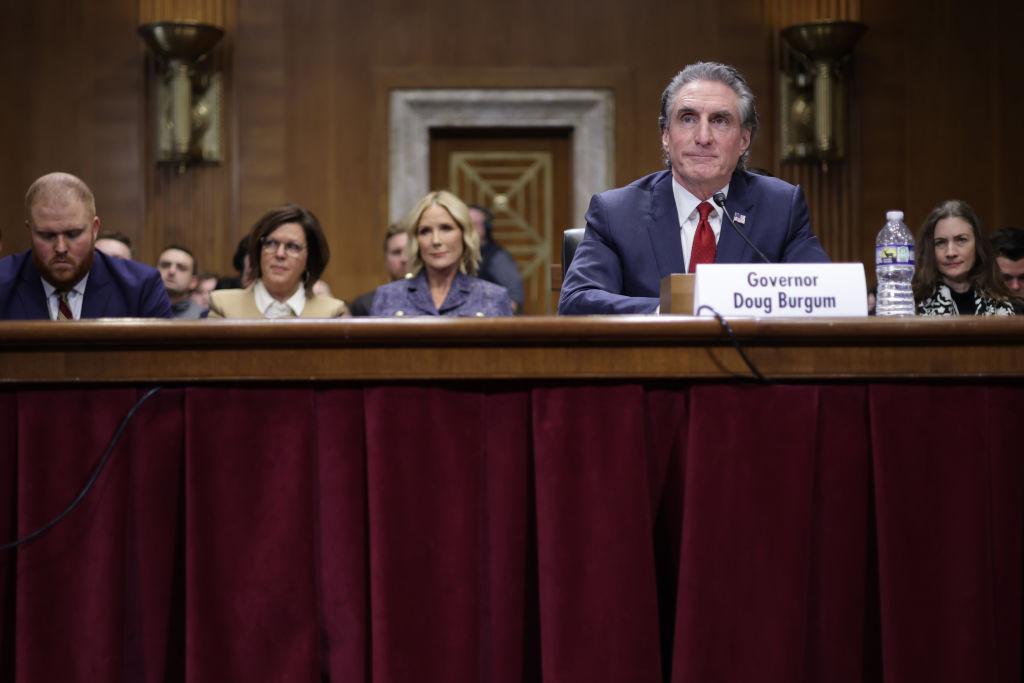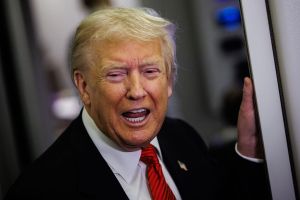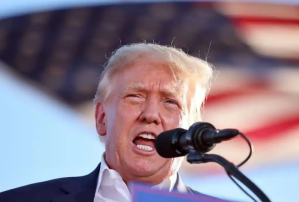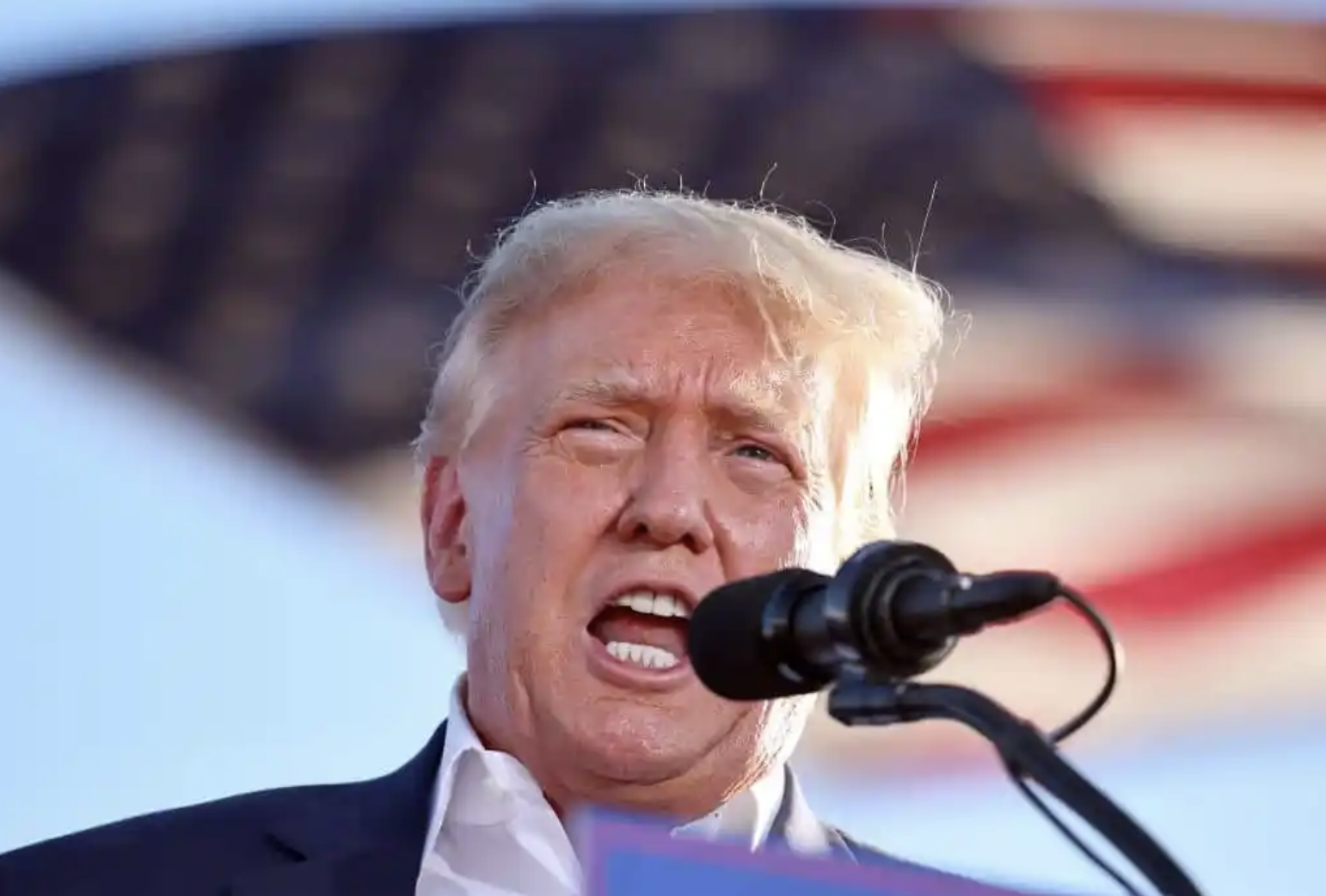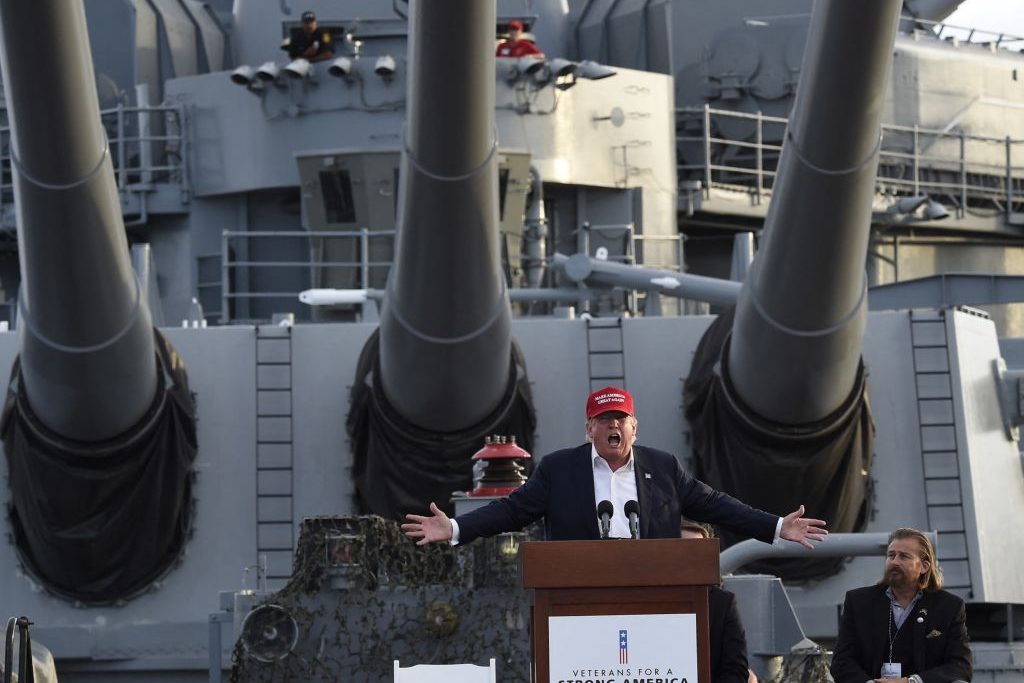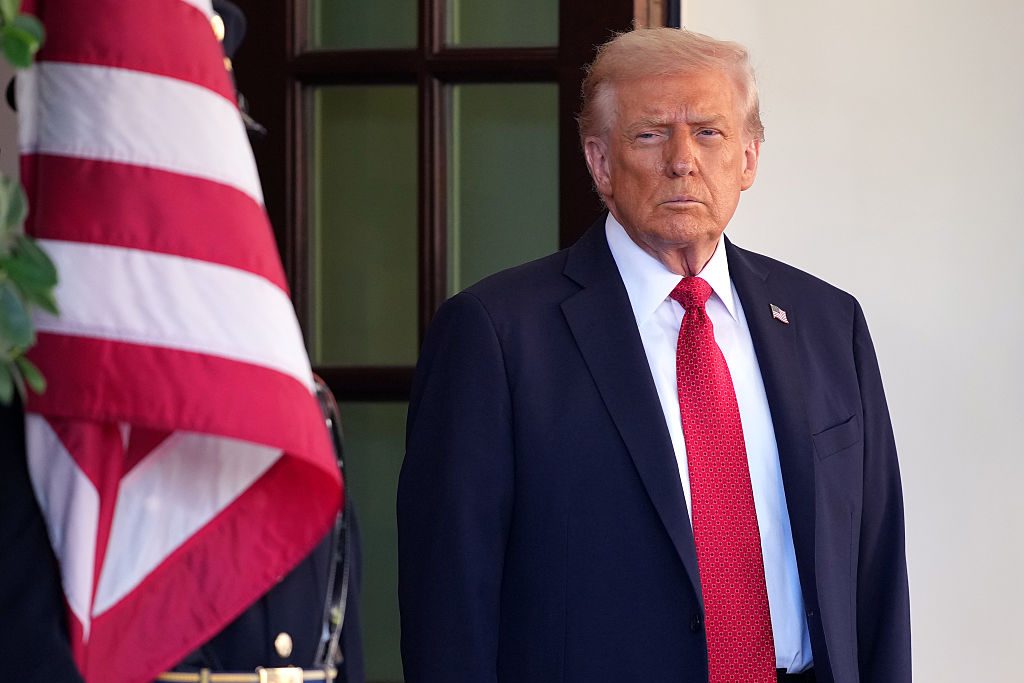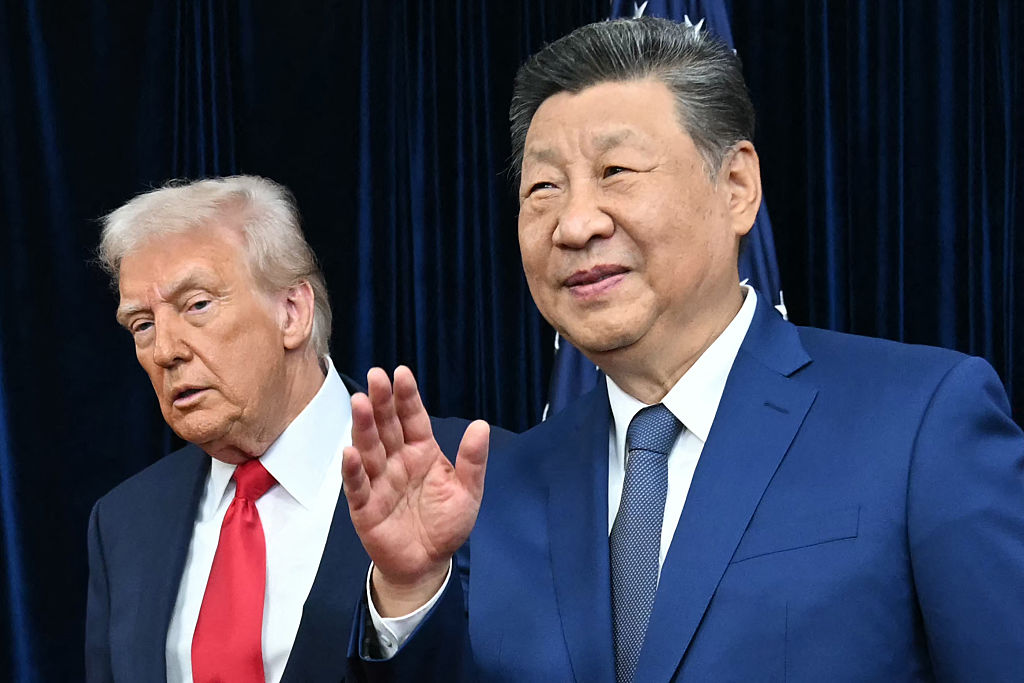Four days away from inauguration, the Senate is moving quickly with confirmation hearings for President-elect Donald Trump’s cabinet. The saga began with defense secretary nominee Pete Hegseth’s contentious hearing Tuesday and quickly moved to half-a-dozen other hearings the next day, including that of secretary of state nominee, Senator Marco Rubio.
This morning, Congress continued with more hearings for top Trump nominees, including one with treasury secretary pick Scott Bessent, as well as with former representative Lee Zeldin, former governor Doug Burgum and former NFL player Scott Turner — who were nominated to lead the Environmental Protection Agency, the Department of Interior and the Department of Housing and Urban Development, respectively.
In Scott Bessent’s hearing, the hedge-fund manager and billionaire political donor said that he expects inflation to decrease closer to the Fed’s 2 percent target under Trump. He emphasized that Social Security would not be cut, and that the Fed would remain independent. He also promised tougher Russia sanctions.
“If any officials in the Russian Federation are watching this confirmation hearing, they should know that if I’m confirmed, and if President Trump requests as part of his strategy to end the Ukraine War, that I will be 100 percent on board from taking sanctions up, especially on the Russian oil majors to levels that would bring the Russian Federation to the table,” Bessent said.
Provocatively, Vermont senator Bernie Sanders asked Bessent for his thoughts on Biden’s farewell address last night, which took fire at an “oligarchy of extreme wealth, power and influence” that threatens the American way of life. Bessent told Sanders that the three billionaires he mentioned — Elon Musk, Rupert Murdoch and Jeff Bezos — “all made the money themselves.” Bessent also suggested Biden was a hypocrite, saying that the departing president gave the Presidential Medal of Freedom to two “oligarchs.”
In Zeldin’s hearing, the former candidate to New York’s governorship told progressive senator Ed Markey of Massachusetts that the EPA is not obligated to regulate fossil fuels-caused pollution. Referencing a 2007 Supreme Court decision, Markey asserted that the agency is “obligated to regulate” the pollution-causers. “The decision does not require the EPA — it authorizes the EPA,” Zeldin replied. “There are steps EPA would have to take in order for an obligation to be created.”
Former North Dakota governor Doug Burgum, also a billionaire, was asked by California senator Alex Padilla if he would commit “to responding to every disaster with as much support and resources as possible, regardless of which state or jurisdiction the disaster is in?”
“Well, absolutely,” Burgum replied, noting that the scale of the disaster in question would have to be considered.
In his hearing, Turner said he would focus on building lots of homes and easing regulations. “These are not just things I have heard about or read about, these are things that my family and I have experienced,” the nominee said in his opening remarks, where he alluded to the homelessness and housing crises. “I think it is important for you to know my heart,” Turner said after sharing his life story.
Aside from these hearings, the Senate Judiciary Committee held the second day of attorney general nominee Pam Bondi’s confirmation hearing, which did not count with Bondi’s presence and focused on testimony from character witnesses.
One of the witnesses, Mary McCord, who runs the Institute for Constitutional Advocacy and Protection at Georgetown University, focused on the vitality of the Department of Justice’s independence. Democrats centered lots of their questioning yesterday casting doubts on Bondi’s judiciousness, whom they depict as a Trump sycophant. “I will fight every day to restore confidence and integrity to the Department of Justice and each of its components. The partisanship, the weaponization will be gone. America will have one tier of justice for all,” Bondi said yesterday, rejecting the notion that she would weaponize the institution.
Another witness, Lisa Gilbert, co-president of Public Citizen, a progressive advocacy group, focused her testimony on Bondi’s lobbying history. “It’s a net of potential conflicts that there really isn’t an escape from,” Gilbert said of the nominee whose previous clients include Amazon and the Qatari Embassy. “If her nomination as attorney general proceeds, we are really concerned that she will take actions that reflect the needs of these types of entities.”
All of these nominations are expected to be confirmed by the Senate. It usually takes around one to two weeks for the nominees to make their ways to a full Senate vote. Twenty-two people require confirmation, meaning that close to half of the confirmation processes have begun. So far, Hegseth and Bondi’s hearings have arguably been the most hostile ones. Still more unorthodox nominations, including that of Robert F. Kennedy Jr. to lead the Department of Health and Human Services, are not yet in sight.



